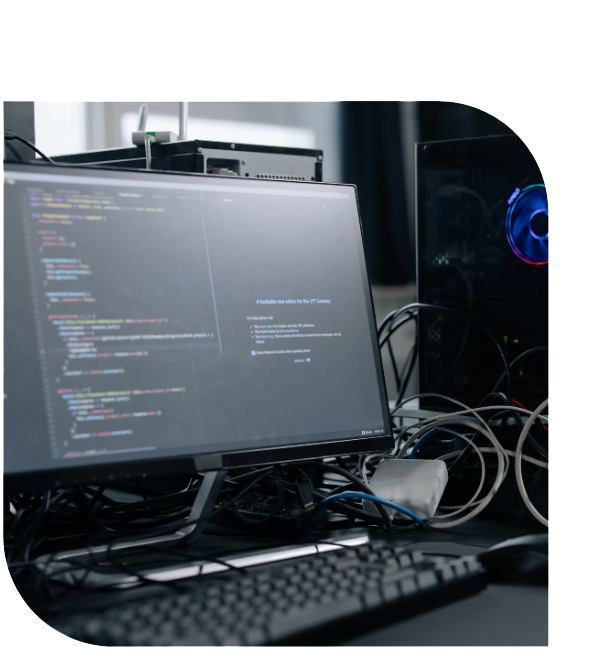
LINUX SECURITY HARDENING SERVICE
Strengthens the security of Linux-based systems to enhance the overall security posture
Overview
Linux Security Hardening Service is the process of strengthening the security of a Linux operating system (OS) by implementing various measures and best practices to protect against potential vulnerabilities and threats. It involves configuring the Linux system to minimize risks, improve security controls, and ensure the integrity and confidentiality of the system and its data.
Features
Key aspects received when organizations opt for a Linux security hardening service:
01.
User and Access Management
User accounts and access permissions are reviewed and configured to ensure that only authorized users have appropriate access to the system. This includes implementing strong password policies, and disabling unnecessary user accounts.
02.
Secure Remote Access
Secure protocols such as SSH (Secure Shell) are configured and hardened to enable secure remote access to the Linux system. This involves implementing strong encryption, disabling root login, and may implement limiting access to trusted IP addresses.
03.
Security Patching
Updates and patch are applied to the Linux system to address known vulnerabilities. This includes making the OS and installed software up to date with the latest security patches.
04.
Firewall Configuration
A firewall is configured to control incoming and outgoing network traffic, preventing unauthorized access and protecting the Linux system from network-based attacks. Access rules are defined to allow only necessary services and block potentially malicious traffic.
05.
File System and Permissions
File system permissions are reviewed and configured to ensure that sensitive files and directories are accessible only to authorized users or processes. This helps prevent unauthorized access or modifications to critical system files.
06.
Logging
By configuring logging mechanisms organizations able to track system activities, and detect suspicious behavior.
Benefits
Entrusting Linux security hardening to the Trinix team offers several benefits:
01.
Reduced Attack Surface
Security hardening involves minimizing unnecessary services and components, reducing the potential entry points for attackers.
02.
Mitigated Vulnerabilities
By applying security patches, updates, and configurations, you can address known vulnerabilities and prevent exploitation.
03.
Enhanced Access Controls
Hardening improves user and group permissions, limiting unauthorized access to critical files and directories.
04.
Improved Authentication
Security hardening enforces stronger password policies, thwarting unauthorized access attempts.
05.
Network Security
Hardening involves configuring firewalls and other network security measures to prevent unauthorized access.
06.
Secure Remote Access
Configuration adjustments ensure secure remote access through tools like SSH, limiting exposure to potential attacks.
07.
Preventing Unauthorized Modifications
Hardening measures can prevent unauthorized users from altering critical system files.
08.
Cost Savings
Implementing security hardening practices proactively can prevent costly security incidents and data breaches.

